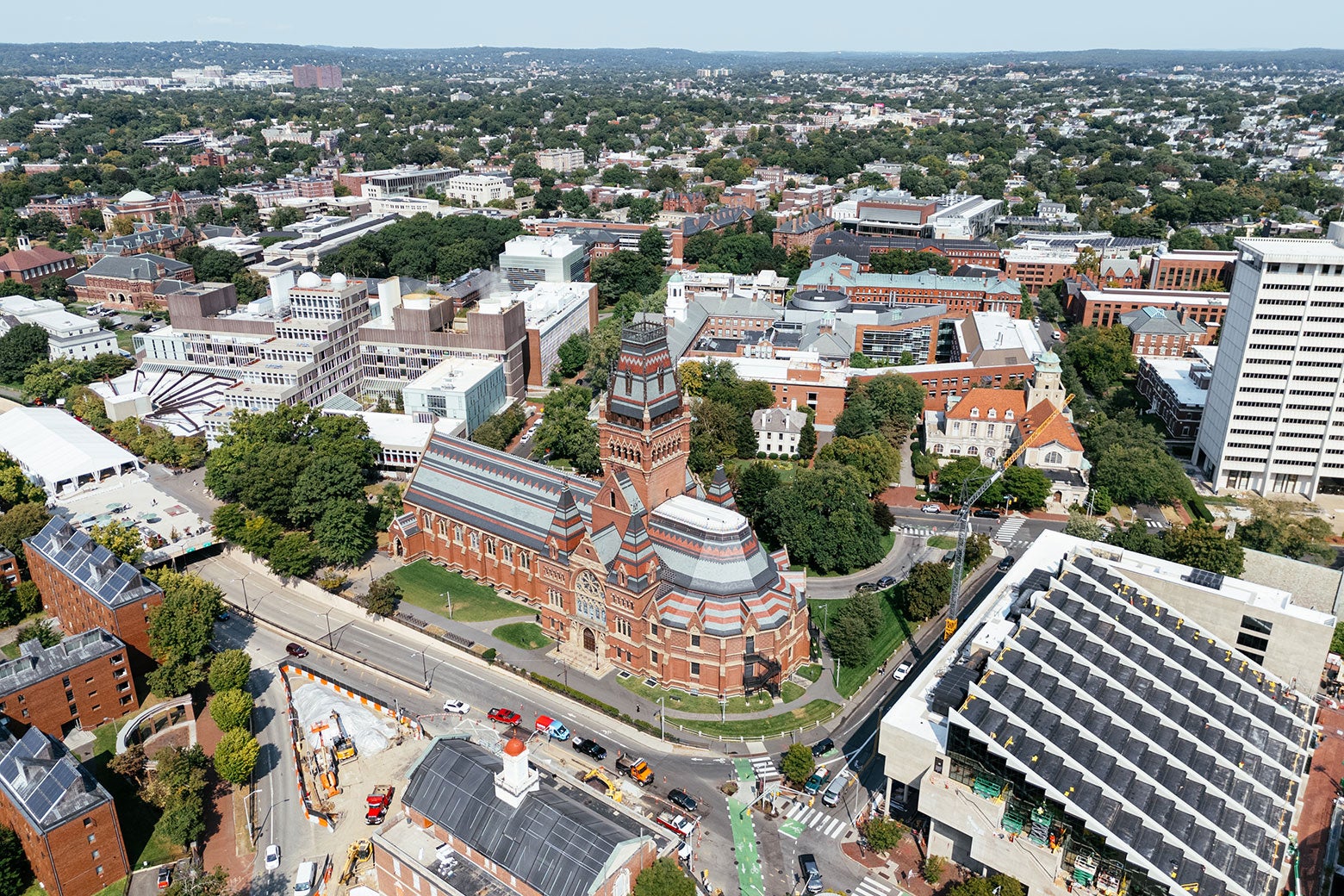
"A couple of years ago, I would have repeated stock advice about cover letters, research statements, and reference letters, along with cautions about the path ahead. A doctoral degree is at least a five-year commitment-and it is far from certain that it will lead to a permanent job like mine. Students, I used to say, should think carefully about pursuing the path."
"I often have to talk about subjects that others find unpleasant, from the details of congressional lobbying to the aftermath of nuclear war. I don't take pleasure in discouraging young people from following in my footsteps. As a scholar and a teacher, though, I have both a duty to truth and a duty to my students. And this is a terrible time to be contemplating doctoral education in the United States-especially if, like most of my students, you are not an American citizen."
U.S. doctoral admissions are being sharply reduced at elite universities, significantly constraining Ph.D. opportunities across disciplines. Many programs are pausing or cutting admissions, with Harvard cutting 75% in sciences and 60% in arts and humanities for two years. Doctoral study requires at least five years and offers uncertain prospects for permanent academic jobs. Non-U.S. citizens face particular vulnerability because of immigration and policy changes that have exacerbated institutional budget and enrollment decisions. These shifts disrupt long-term career planning and make pursuing a doctorate in the United States far riskier for most prospective students.
Read at Slate Magazine
Unable to calculate read time
Collection
[
|
...
]